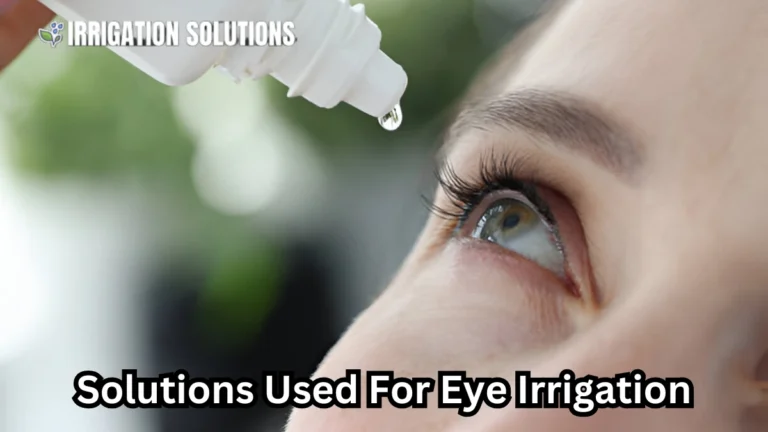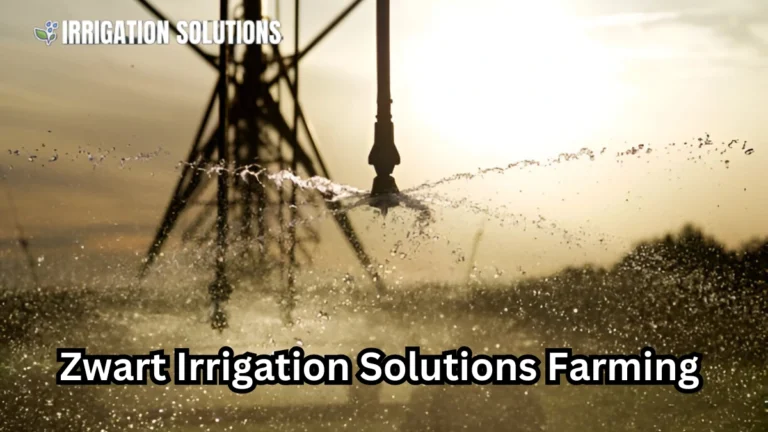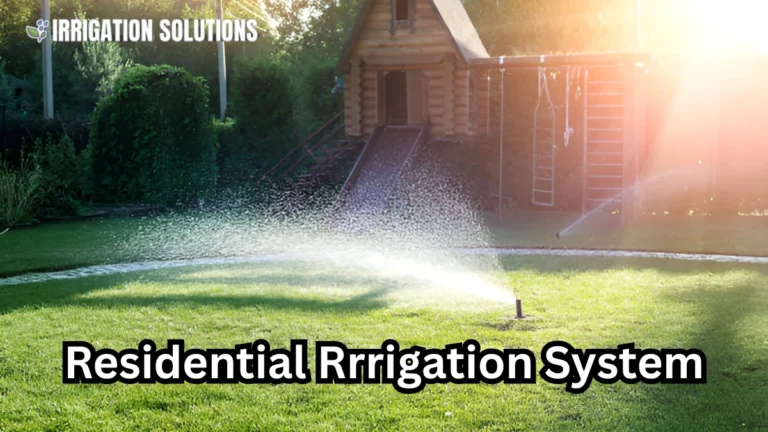Top irrigation services masterton

When it comes to maintaining a lush, healthy landscape or running a farm, irrigation is an essential element. For those living in or around Masterton, a town known for its agriculture and scenic landscapes, having access to reliable and efficient irrigation services is crucial. Whether you’re a homeowner looking to enhance your garden or a farmer in need of efficient water management, understanding your irrigation options can help you save water, time, and money.
In this comprehensive guide, we’ll explore various irrigation services in Masterton, how they work, and how you can choose the right system for your needs. We’ll also dive into the importance of proper irrigation, key benefits, and expert advice on maintaining an efficient system.
Why Irrigation Is Essential for Masterton Residents
Masterton, located in the Wairarapa region of New Zealand, experiences a climate that can range from dry summers to wet winters. With agriculture being a significant part of the local economy, proper water management is not just a luxury; it’s a necessity. Irrigation helps in the following ways:
- Water Conservation: By using irrigation systems, you can control how much water your plants receive, ensuring that you don’t waste any. This is particularly important in dry months.
- Increased Crop Yields: For farmers, irrigation boosts productivity by providing crops with the necessary water at optimal times.
- Landscape Health: Homeowners benefit from lush, green gardens year round with the right irrigation system.
Types of Irrigation Systems in Masterton
Choosing the right irrigation system depends on the area you need to water, the types of plants or crops you’re growing, and your budget. Masterton’s irrigation service providers offer a variety of options, from simple systems to more advanced ones. Below are some of the most common irrigation systems:
Drip Irrigation
Drip irrigation is a water efficient method, providing water directly to the roots of plants. It’s ideal for garden beds, vegetable patches, and even large scale farming.
Key Benefits:
- Water Conservation: Reduces water waste by delivering water directly to plant roots.
- Flexibility: Suitable for different plant types and varying terrain.
- Reduced Weed Growth: Water is only delivered where it’s needed, minimizing weed growth in areas not watered.
Sprinkler Systems
Sprinklers are one of the most commonly used irrigation methods for lawns and gardens. They can be automated, offering convenience and consistency.
Types of Sprinkler Systems:
- Pop-up Sprinklers: These retract into the ground when not in use and pop up during operation.
- Rotary Sprinklers: These rotate, allowing for a wider coverage area.
- Fixed Sprinklers: Stationary sprinklers that water a specific area.
Benefits of Sprinkler Systems:
- Even Distribution: Sprinklers provide a uniform distribution of water, ensuring all plants get enough hydration.
- Coverage Area: Ideal for large, open spaces like lawns or parks.
Surface Irrigation
Surface irrigation involves water flowing over the ground to the plants, typically used for larger agricultural fields.
Advantages:
- Low Initial Cost: Generally, surface irrigation is less expensive to install than other systems.
- Wide Application: Works well in fields where plants are spread out in rows or grids.
Disadvantages:
- Water Waste: If not properly managed, surface irrigation can lead to over watering or uneven water distribution.
- Soil Erosion: If the water is not controlled, it can cause soil erosion over time.
Subsurface Irrigation
Subsurface irrigation involves the installation of pipes below the ground’s surface, delivering water directly to plant roots.
Pros:
- Efficient Water Use: Delivers water directly to the roots, minimizing evaporation.
- Low Maintenance: Once installed, it requires little maintenance.
Cons:
- High Installation Costs: Initial setup can be costly compared to surface or drip systems.
- Difficult to Fix: If the system fails, repairs can be more difficult since it’s buried underground.
Choosing the Right Irrigation System for Your Property
When choosing an irrigation system, several factors should be considered, including the size of your property, the type of plants or crops, and your water needs. Here are a few guidelines:
- Size of Area: Larger areas may benefit from sprinkler or surface irrigation, while smaller, more specific areas may do well with drip or subsurface systems.
- Water Source: The availability and quality of water can influence your choice. If you rely on well water or have limited access, a drip system may be more efficient.
- Budget: Drip and sprinkler systems are generally less expensive to install, whereas subsurface irrigation may require a higher initial investment.
System Maintenance Tips
Proper maintenance ensures that your irrigation system works effectively, reducing the chances of expensive repairs down the line. Here are some tips:
- Check for Leaks: Inspect pipes and hoses regularly for leaks or cracks.
- Clean Filters: In drip systems, make sure to clean the filters regularly to avoid clogging.
- Adjust Sprinkler Heads: Ensure that sprinkler heads are positioned correctly for optimal coverage and that they’re not blocked by debris or grass.
- Winterize the System: Before the cold season, be sure to drain the system to avoid damage from frozen water.
The Role of Irrigation Services in Masterton
Irrigation services in Masterton help residents, businesses, and farmers set up and maintain their irrigation systems. Whether you need a new installation or routine maintenance, local irrigation experts can help ensure your system is efficient and effective. Here’s what to look for when choosing a service provider:
Key Services Offered
- Design & Installation: Experts will design an irrigation system tailored to your property’s specific needs, ensuring maximum efficiency and water conservation.
- System Upgrades: If your current system is outdated or inefficient, irrigation services can upgrade your system with newer, more water efficient technology.
- Maintenance & Repairs: From regular inspections to emergency repairs, irrigation professionals will keep your system in working order.
- Water Management Consultation: Some services provide consultation to help you reduce water usage and improve the efficiency of your irrigation system.
Choosing the Right Irrigation Service Provider
When hiring an irrigation service in Masterton, consider these factors:
- Experience: Look for a company with years of experience in designing, installing, and maintaining irrigation systems.
- Reputation: Read reviews or ask for references from other customers to ensure the company delivers high-quality service.
- Licensing & Certifications: Ensure the service provider has the necessary licenses and certifications to install irrigation systems in Masterton.
Sustainable Irrigation Practices in Masterton
As Masterton continues to grow and develop, there’s a rising need for sustainable water management practices. Sustainable irrigation systems help conserve water while maintaining healthy landscapes and crops. Here are a few examples of sustainable irrigation practices:
- Rainwater Harvesting: Collecting rainwater and using it for irrigation is an eco friendly practice that helps reduce reliance on municipal water sources.
- Smart Irrigation Systems: These systems use weather data and moisture sensors to adjust watering schedules, ensuring that your plants get the right amount of water.
- Efficient Watering Techniques: Using techniques like mulching and soil moisture management helps reduce evaporation and water wastage.
Conclusion
Irrigation services in Masterton are crucial for maintaining beautiful landscapes and ensuring optimal crop production. By choosing the right system and working with experienced professionals, you can save water, reduce maintenance costs, and improve the health of your garden or crops. Whether you’re looking for a simple sprinkler system or an advanced drip irrigation setup, there are numerous options available to suit your needs.
With the right irrigation system in place, you’ll not only benefit from healthier plants but also contribute to water conservation, which is essential for a sustainable future. Make sure to consult with local experts who can guide you in selecting the best system for your property, ensuring long term success and efficiency.






